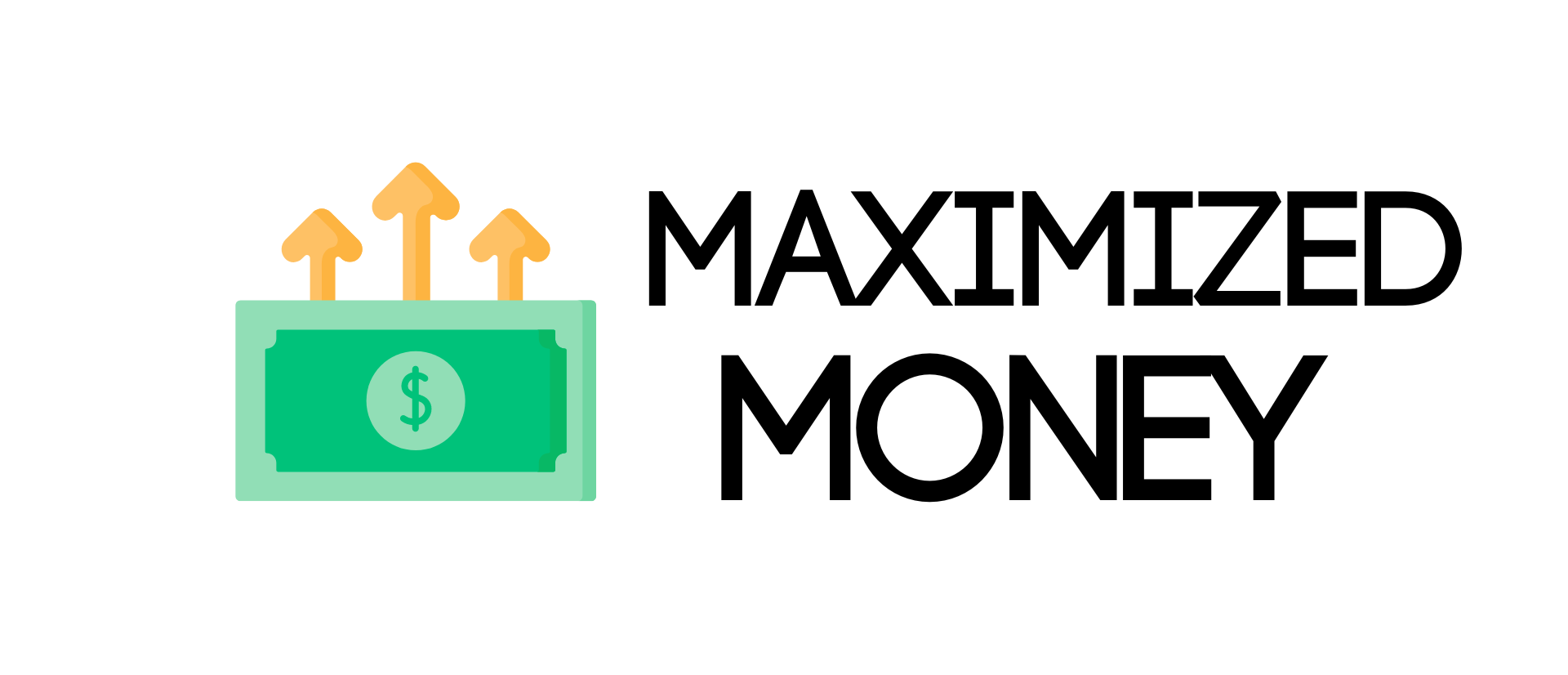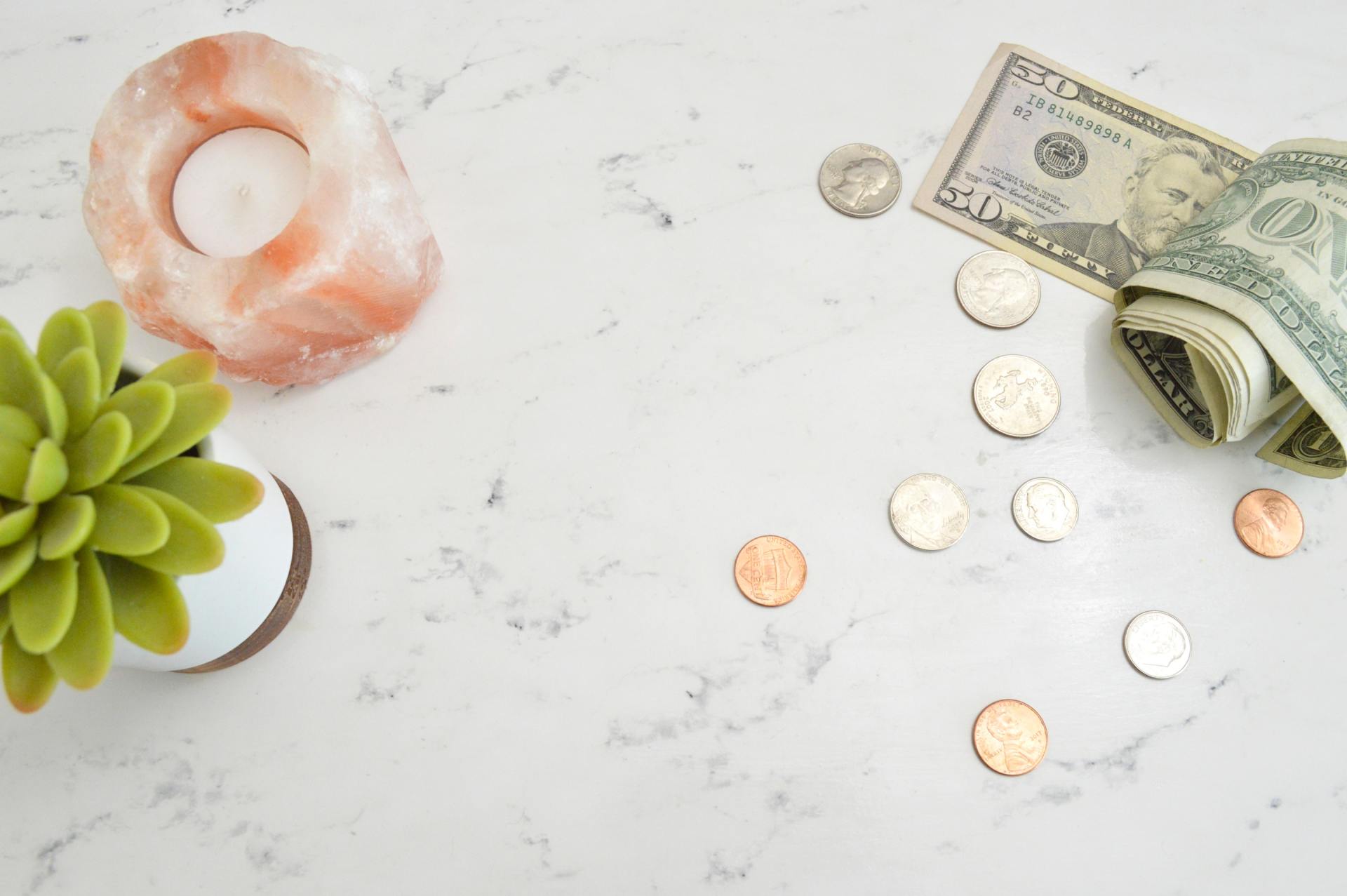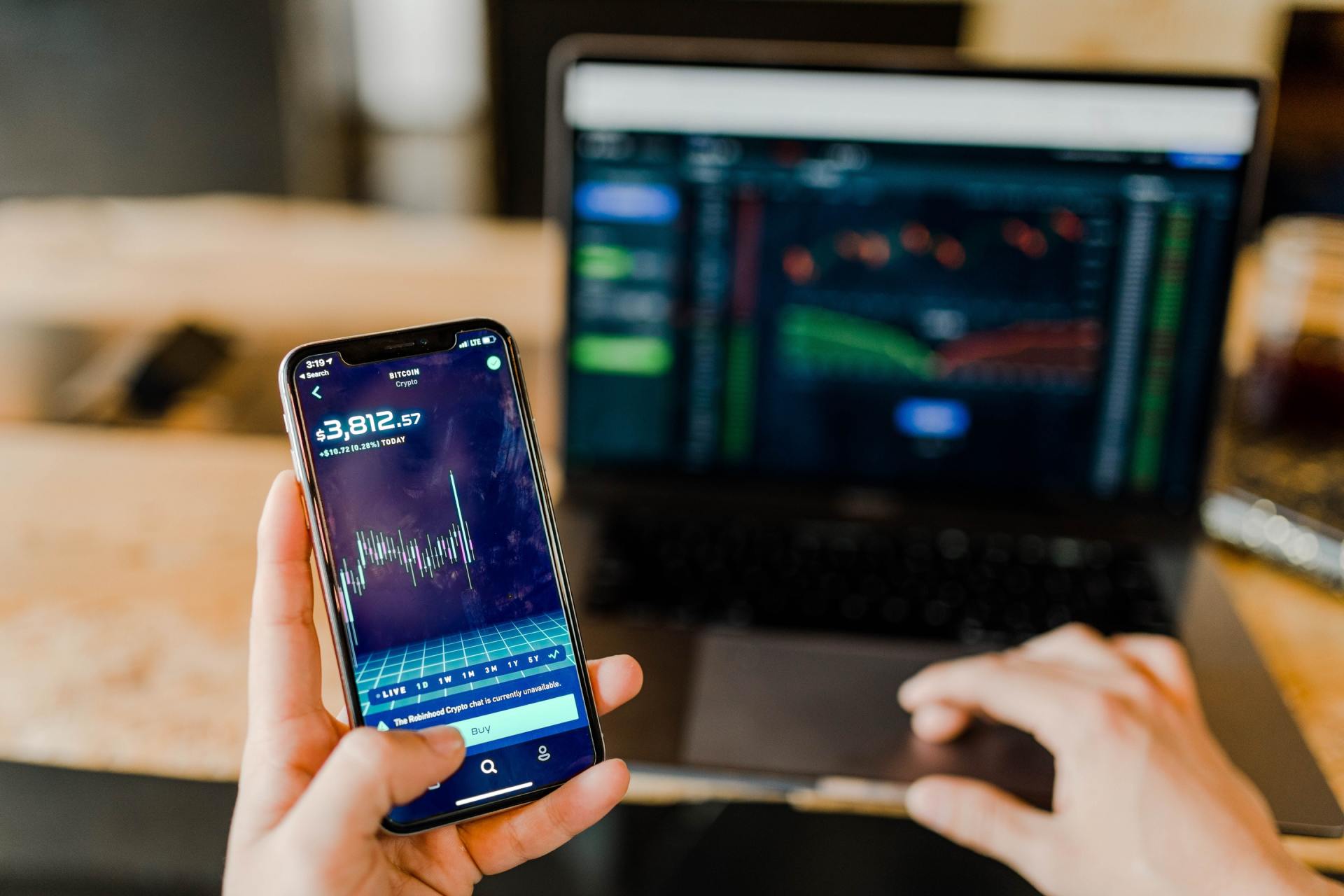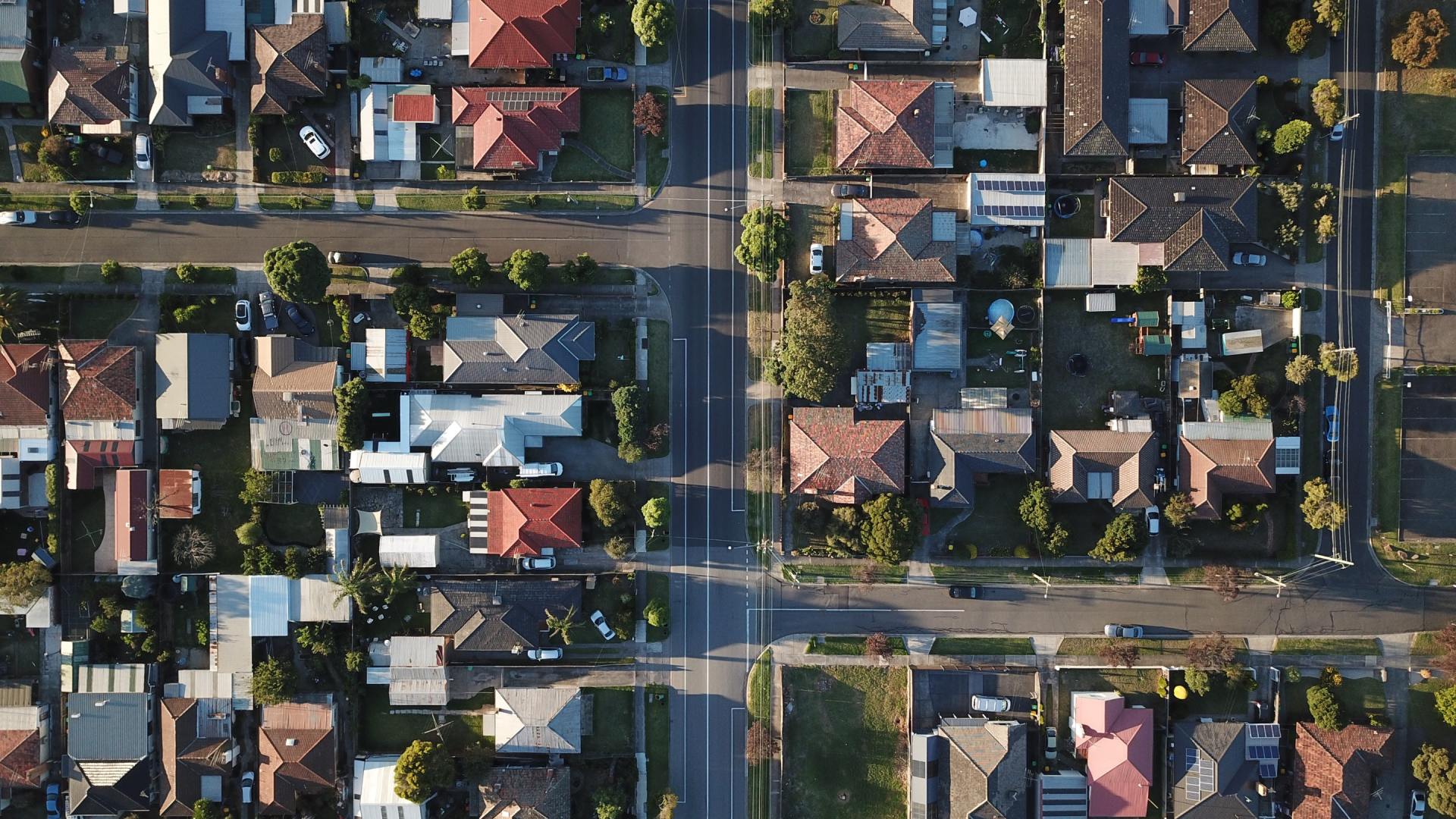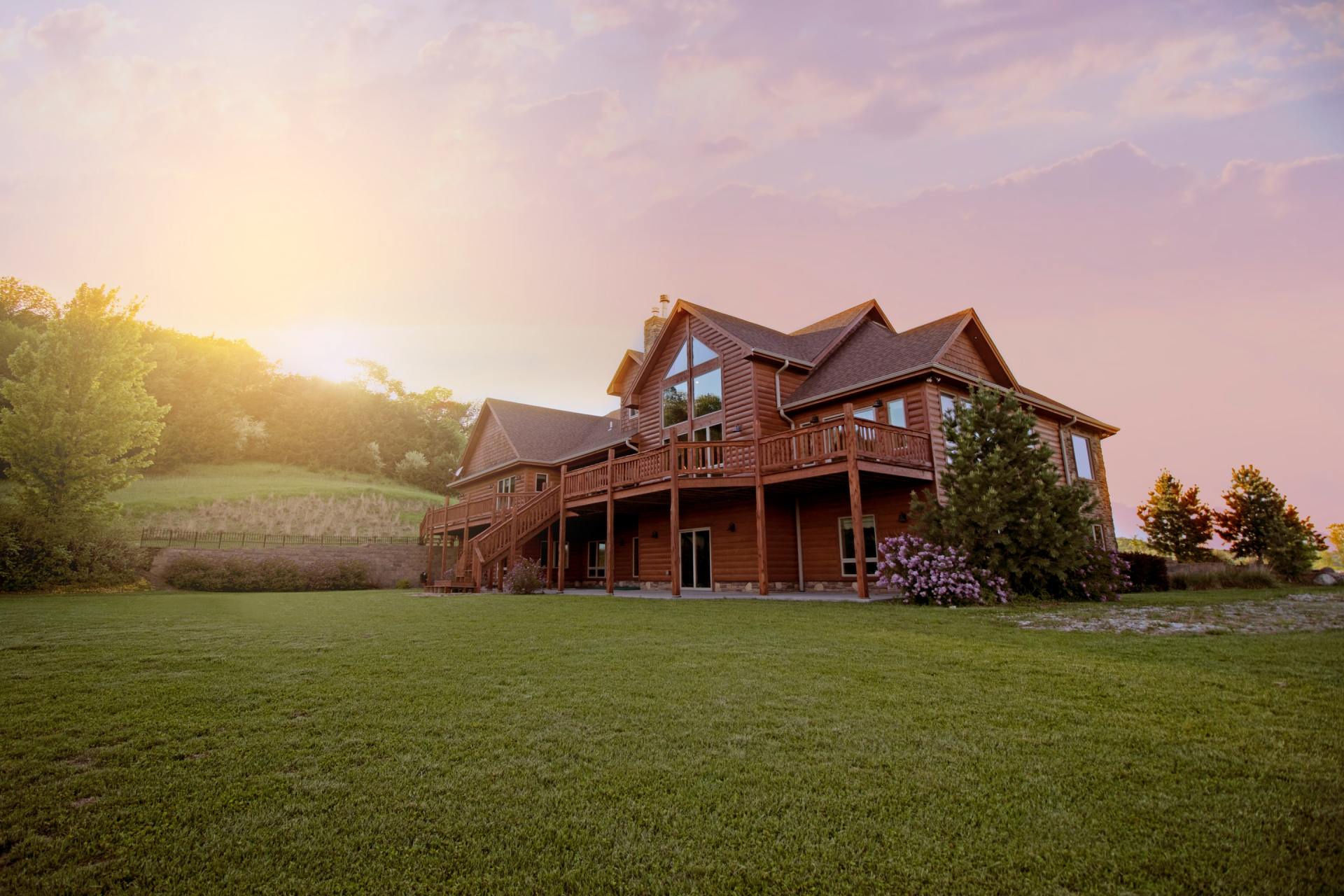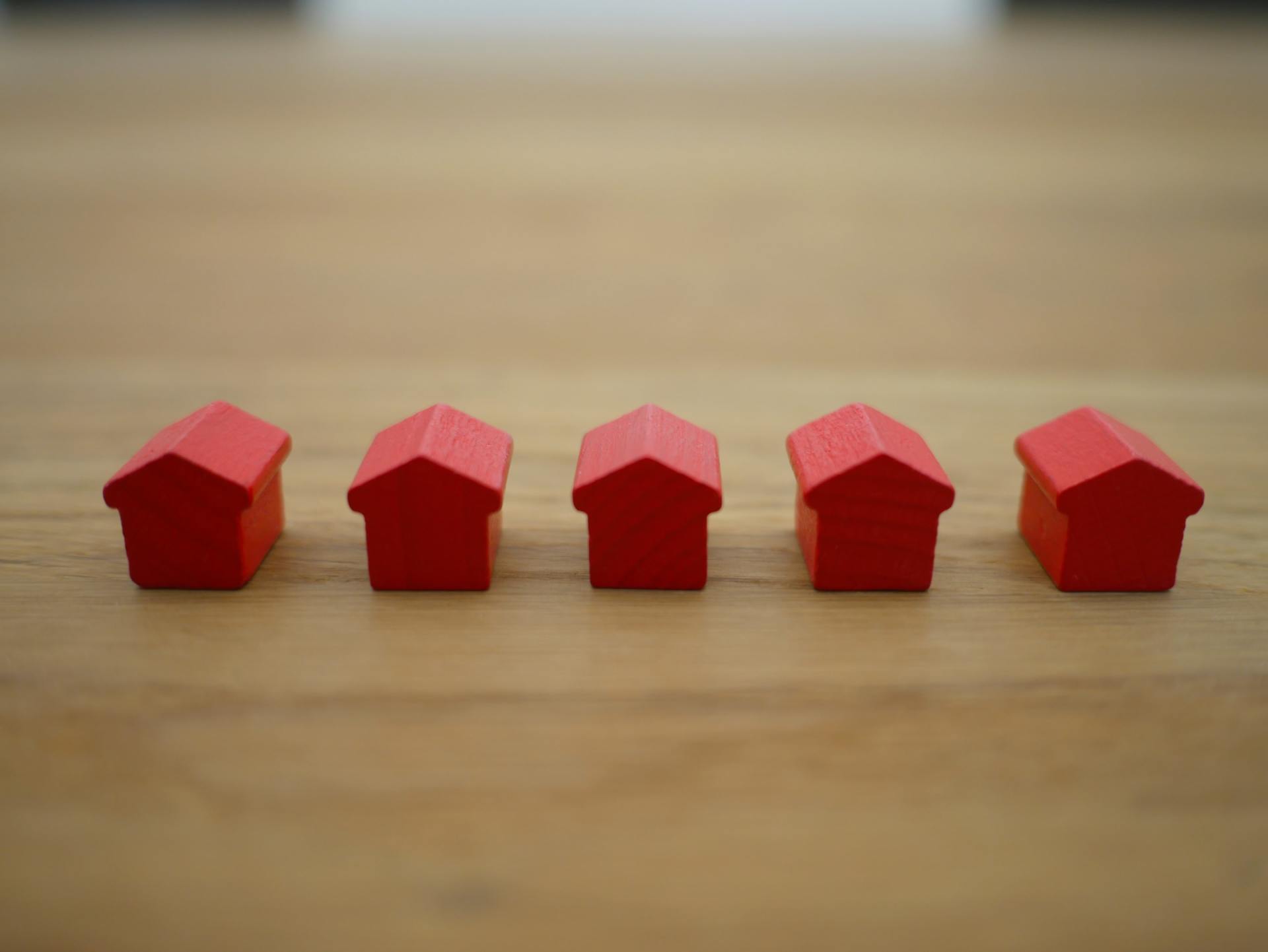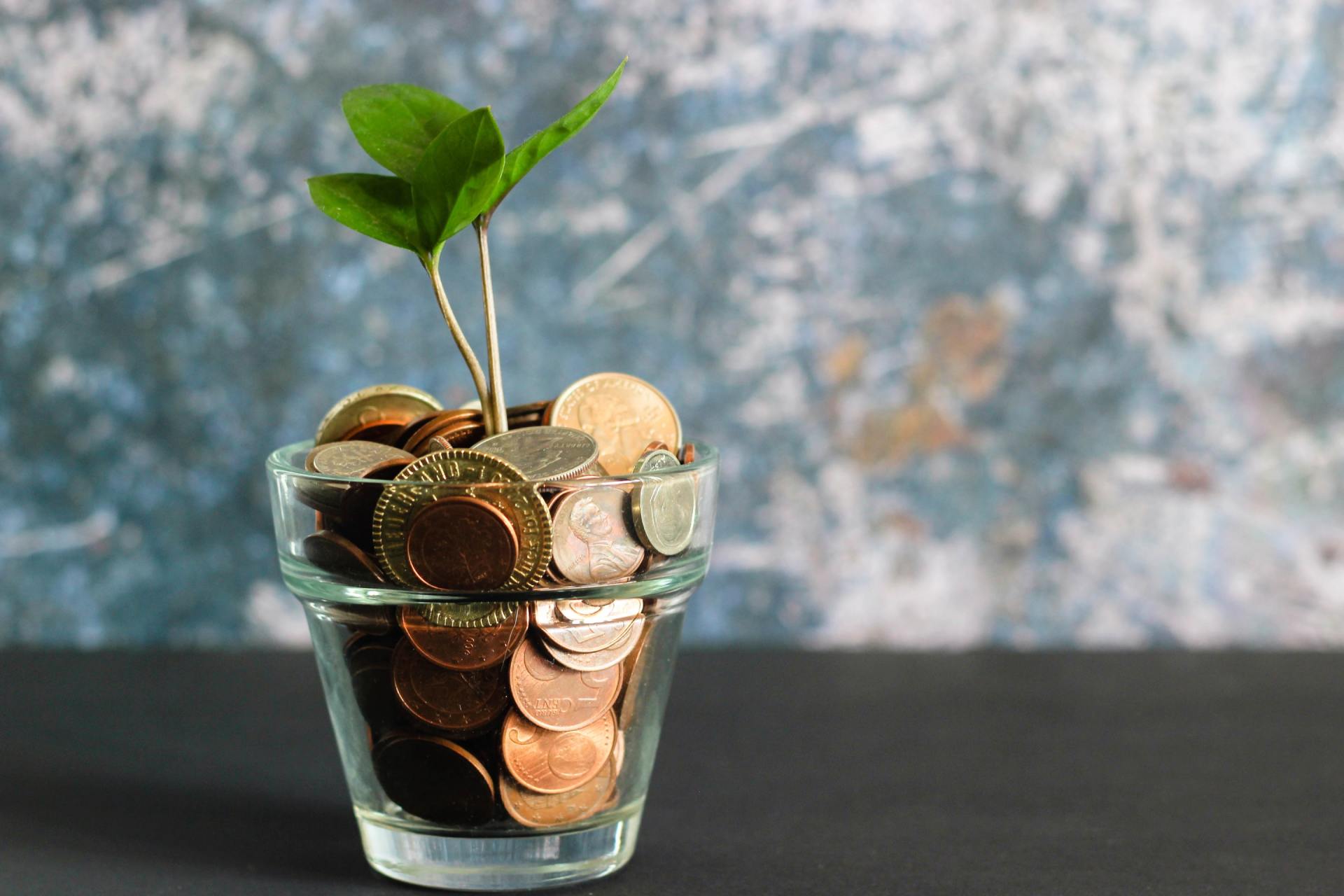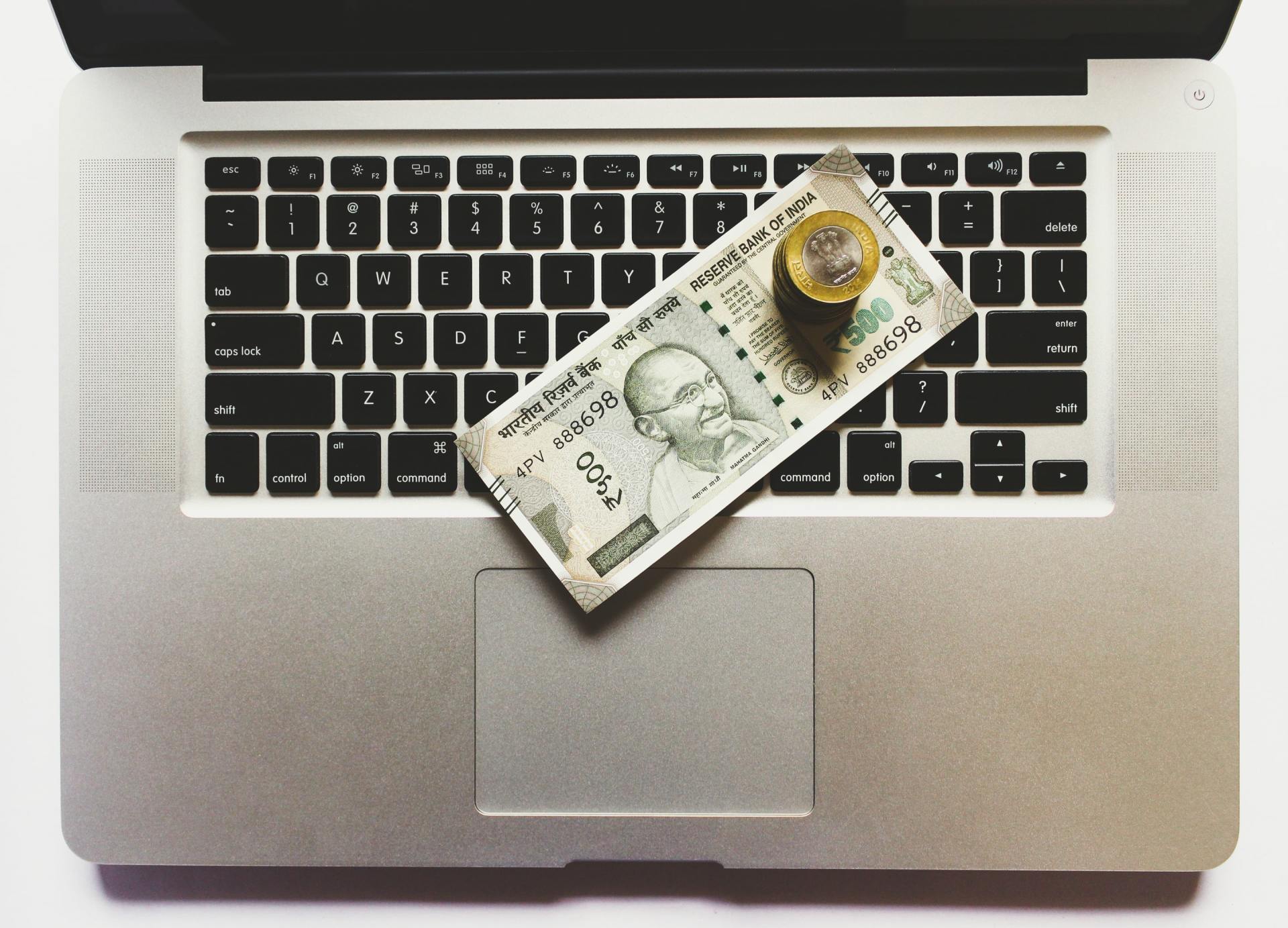3 Passive Ways That I Saved For My Downpayment
3 Passive Ways That I Saved For My Down Payment
Most people are familiar with a downpayment. This is what you as the homebuyer must put down in order to secure a property. This can sometimes be covered by select programs (if you are a first-time homebuyer or a veteran) but some people won’t qualify. Others will prefer to pay their own down payment so that they have full control over the future of the property (some of those programs have strict regulations around who can stay in the property and for how long). So that’s why I want to talk about how you should save for your down payment, whether you opt for down payment assistance or not. There will be other closing costs that you are responsible for so the money will be used.
Also, what you pay in a down payment will be determined by your loan type and purchase price. I wrote about 3 of the common loans that most buyers utilize where I broke down the difference between each loan and how much you should expect to pay.
So if you know that you’re ready to buy, let’s start saving for your down payment. This is Part 1 of 3 ways that I have passively saved for a down payment and you can too:
Open a high-yield savings account or certificate of deposit
Most people have existing savings and checking accounts but those aren’t the best options if you want your money to make more money via interest. This is where high yield savings accounts (HYSA) and certificate of deposits (CD) shine. They work very similar to your traditional savings account but the interest rate is higher.
How does a high-yield savings account work?
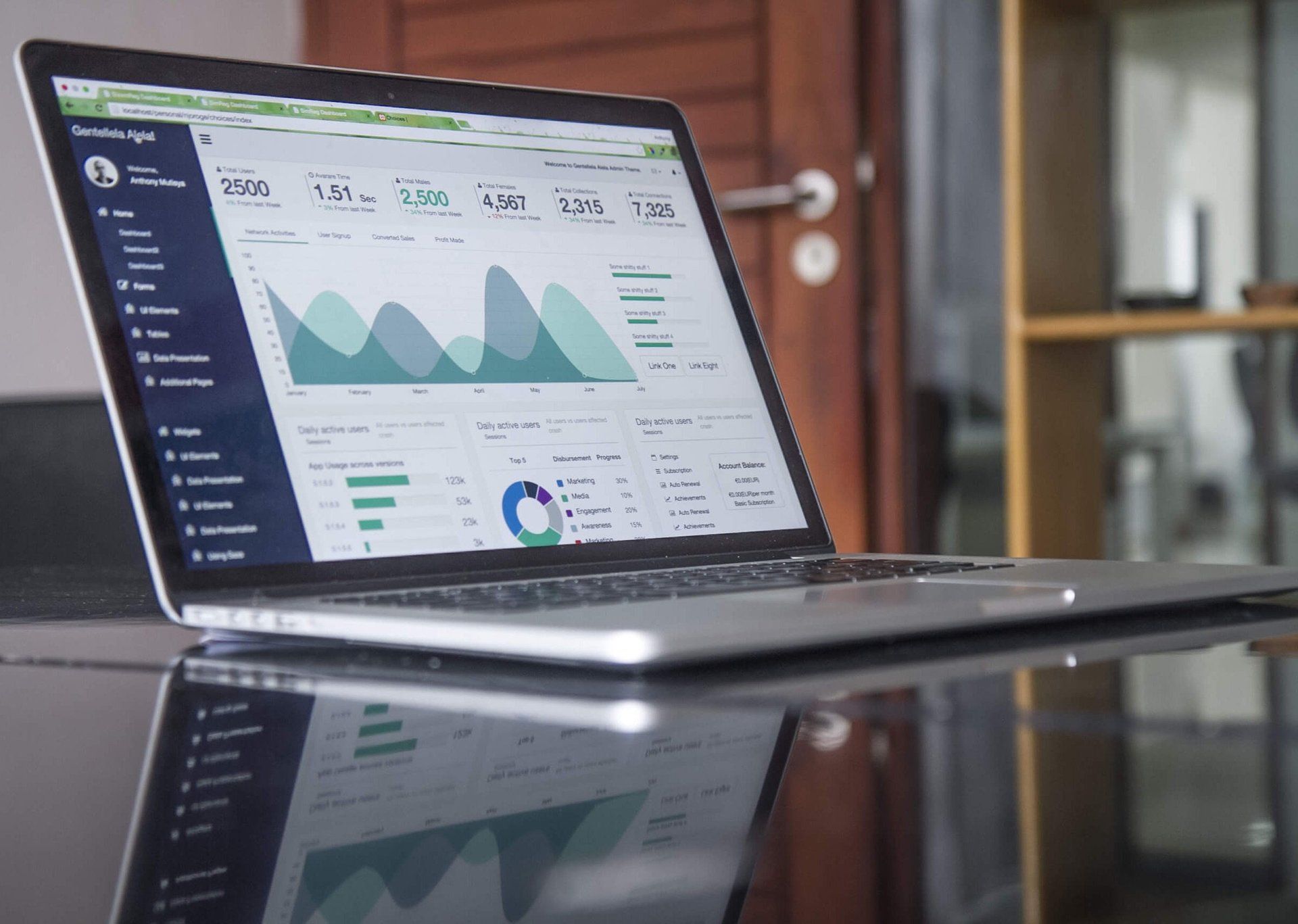
Slide title
Write your caption hereButton
For example, when I opened my HYSA, the interest rate was 1.70%. Since then, it has increased and decreased. Right now, it is 0.60% and that’s because it responds to the market. HYSAs have variable interest rates, which means they can change whenever. However, it still provides me with money because that means my money is earning an interest of 0.60% aka free money. I miss the days when it made 1.70% but I know that’s coming back. Either way, it’s better than a traditional savings account which can earn an average of 0.002% for you. Yep, that’s pennies on the dollar.
If you’re saving for a big purchase, like a home, it’s a good idea to keep your money in a separate account and let it accumulate interest over time so that when it’s time to withdraw, you are walking away with $10,400 vs. $10,000 that you initially deposit. That extra $400 is because of interest. The longer you keep your money in the account, the more opportunity you have to grow it. So a year, 2 years or even five years of holding is good.
How does a high-yield certificate of deposit work?
It works the same way as a HYSA but with a fixed interest rate. Remember when I told you that a HYSA had a variable interest rate? That’s not the case with CDs. Your interest rate will never change as long as you keep the money in until the maturity date of whatever you opted for.
How does the high-yield savings account differ from the high-yield certificate of deposit?
For example, I opened by CD with an interest rate of 2.00% and a maturity date of 12 months. This means that for 1 year, my money will earn 2% monthly interest but I can't withdraw it until the year is up. Otherwise, I'll face penalties - meaning they’ll charge me to withdraw the money.
I also had to deposit my first minimum amount of at least $500 in order to get the published rate. This may not be required for all CDs but it was for mine. However, my HYSA didn’t require a minimum deposit. I was able to open it without putting money in immediately, though I did because I wanted to start earning interest ASAP.
Can I continue to add money to my high-yield savings account?
Yes, that’s the beauty of the account. The more money you add, the more your money has an opportunity to grow. I also love that most of these HYSA offer calculators so you can project how much money your money will earn. This is called
compound interest and it always works in favor of the lender (i.e. you).
Can you lose money in a high yield savings account?
No you cannot. It’s not an investment. It’s a savings account and you’ll always be able to get back exactly what you put in. You might see a fluctuation of interest earned though, particularly if you opt for a high-yield savings account. This is due to it being a variable interest rate vs. a fixed interest rate which is what a CD account is great for.
Can you lose money in a high yield certificate of deposit?
No, you will always get back what you put in and then some due to the interest accumulated.
The bottom line:
If you’re looking for more helpful home buying tips, listen to my podcast episode 4 where I had my wealth manager, Phillip Washington of StoneHill Wealth Management on the show to discuss how to financially prepare for homeownership.
You can also join the waitlist for Homebuyer Prep School, my 8-week program for women who are overwhelmed with the homebuying process and are looking for simple strategies that will help them purchase their first home within 12-24 months.
What else do you want to know about HYSA, CDs or savings tactics? Comment below.
CONTACT ME
Thank you for contacting me!
I will get back to you as soon as possible.
Please try again later.
Get one step closer to financial freedom!
Join the Maximized Money gang (MMG), where I regularly send tips, news, and lessons from my financial journey to your email.
Thank you!
You have successfully joined the MMG. It's lit! Check your email inbox.
Ps. Are we connected on social media?
